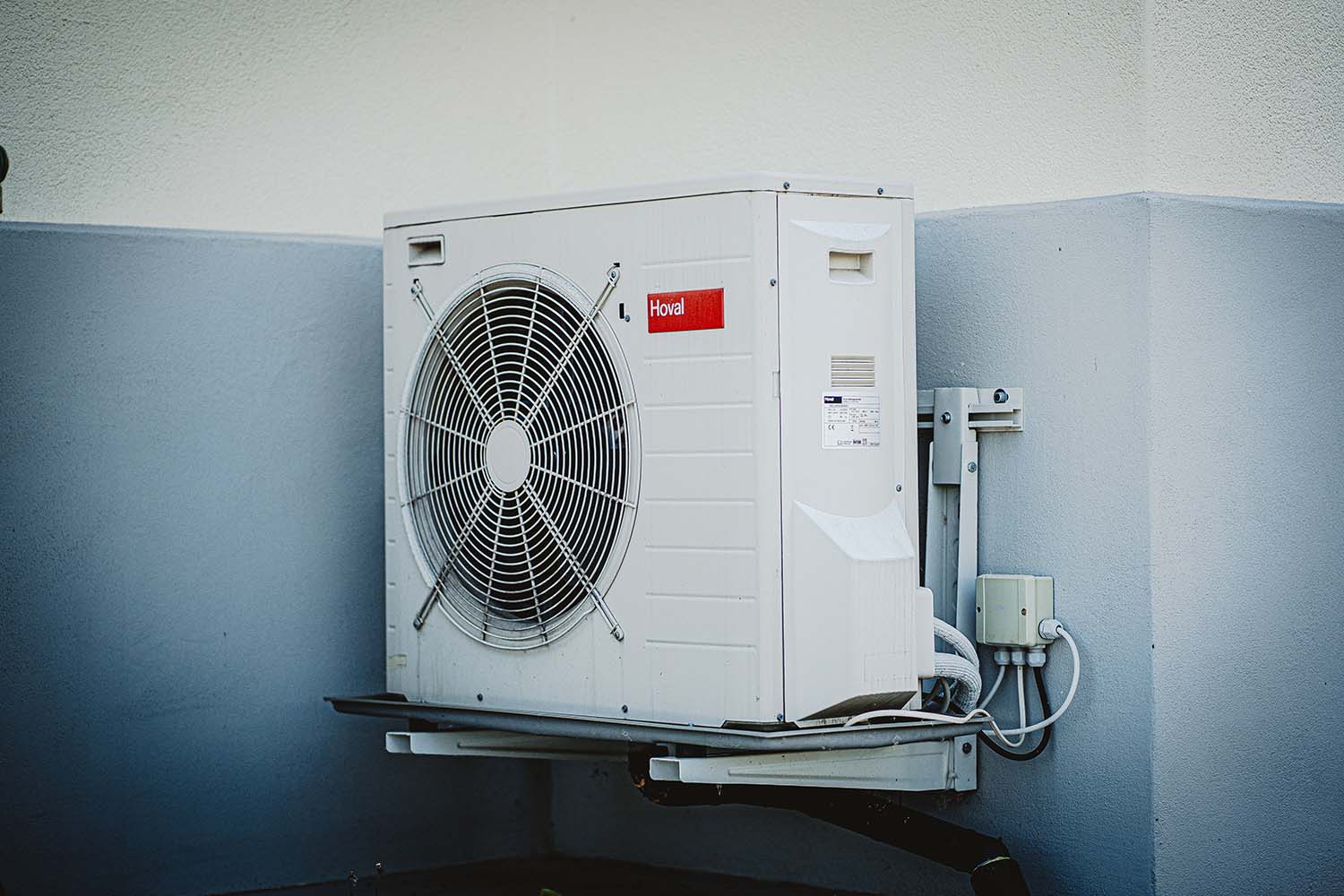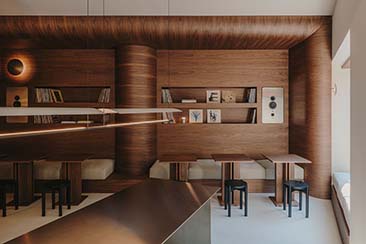Good indoor air quality is essential for our health. Our family members, and even our pets, all benefit from a properly ventilated home. During the COVID-19 pandemic, people are becoming more aware of how vital ventilation is when it comes to illness and bacteria and adjusting their homes accordingly.

Photo, Keegan Ball.
However, many people don’t fully understand the ventilation system they have installed in their property or apartment building. Therefore, it’s important to understand how it works and how to maintain it. On that note, read on to learn six ways you can properly maintain the ventilation system in your home.
Check Exhaust Fans: Exhaust fans are a great way to improve and maintain your home’s ventilation. They remove bad doors in the bathroom and kitchen and improve the indoor air quality by absorbing the humid air out and allowing fresh air to enter your house. Therefore, you must check that they are functioning properly. If your exhaust fans aren’t operating as normal, your home will accumulate humid air as a result and this can lead to mould and mildew, putting you and your family’s health at risk.
Make Sure Fans Vent Outside: The vents in your home must evacuate the air outside rather than back into the house. Every exhaust in your home must have an exterior vent to properly remove moisture; otherwise, this moisture remains in the air and your home will become stuffy quite quickly. Furthermore, the stuffiness can lead to bigger problems down the line like mould and mildew around the house. As such, you need to inspect and update your fans for exterior ventilation frequently.
Change Air Filters and Keep Them Clean: You must maintain the condition of your HVAC’s air filters to ensure the air in your home has no contaminants. These filters must be changed regularly. However, many homeowners are also purchasing air filters for the vents to ensure better air quality. The benefit of air filters is that you provide your home with a more protection barrier against dust and allergens. Because dust can accumulate in your vents, air filters ensure this does not pollute your home or mess with your air quality. Like all filters, these will also need regular maintenance to function and remain clean. They will also need to be changed frequently.
If you don’t understand the functions of your air system, you can end up neglecting your vents and this can lead to health risks. Your central air system has two filters; if you aren’t aware of how central air filters work, you need to understand the setup to maintain its upkeep. By understanding how your central air system works and what it consists of, you will be able to detect issues and prevent repair costs.

Photo, Carlos Lindner.
Make Sure You Have the Right Ventilation System: Your building should have a ventilation system that’s specially designed for its structure. However, renovations throughout the years can affect your ventilation system. Therefore, you should have your system evaluated to ensure it’s still appropriate; otherwise, an upgrade may be necessary. Furthermore, your air intake vents should be nowhere near polluted or contaminated air, so an upgrade can ensure your vents aren’t next to exhaust fans or facing a parking or garbage area.
Inspect Air Intake Screens: If you cannot locate and inspect them yourself, ask the maintenance department of your building to inspect your air intake screens. These have a big impact on your home’s ventilation. They protect your vents from leaves and other objects from getting into your system. Check for repairs to ensure nothing can infiltrate the intake ducts. You’ll need to replace the screens if there is any damage, including bent screens or missing parts.
Schedule Inspections Frequently: You need to have your ventilation system inspected regularly to ensure everything is up to par. This includes checking for the functionality and integrity of your home’s access points, such as 450 x 450 access panels, which play a crucial role in facilitating easy access for inspection and maintenance of your ventilation system. To keep it in good condition, hire trusted technicians to inspect all the vents in your home, including these access panels. They should also inspect the air intake.
It’s very important to properly maintain your ventilation system. However, there are little things you can do to improve ventilation in your home that don’t cost you a dime. Utilise natural ventilation options like opening windows for a breath of fresh air and drying your laundry outside. Moreover, seal off any cracks around your windows and doors for better energy efficiency.








